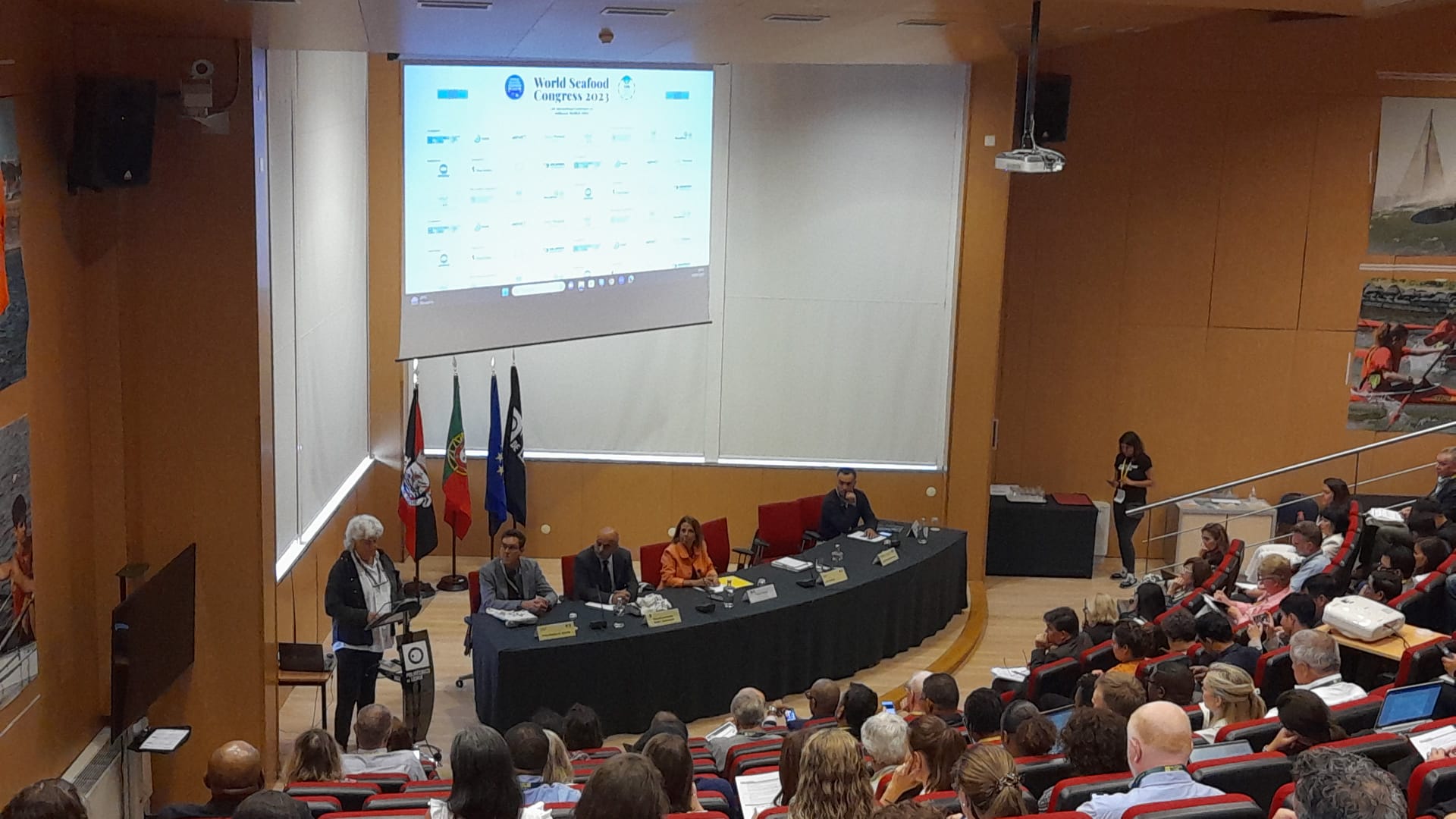World Seafood Congress. What was it about?
 Fisheries and aquaculture production and distribution systems – this is the theme of the World Seafood Congress. Between the 25th and 27th of September, 140 researchers and people from industries, from 36 different countries, got together to talk about the seafood sector and its pivotal role in building and maintaining global supply and distribution systems that ensure the delivery of safe, sustainable, and equitable products and services into the second half of the 21st Century.
Fisheries and aquaculture production and distribution systems – this is the theme of the World Seafood Congress. Between the 25th and 27th of September, 140 researchers and people from industries, from 36 different countries, got together to talk about the seafood sector and its pivotal role in building and maintaining global supply and distribution systems that ensure the delivery of safe, sustainable, and equitable products and services into the second half of the 21st Century.
The goal was to optimize the contribution of fishery and aquaculture production and distribution to sustainable development. How can it be adapted to the challenging dynamics? How can businesses be delivered safely and sustainably?
Mark Boulter, IAFI Past President, said “It is good news that we learned this week that the Codex Committee on Fish and Fishery Products has been reconvened. IAFI’s new UN NGO status gives IAFI enhanced capability to provide feedback into international processes”.
Because climate change affects everything, this sector couldn’t be different, and “the world of seafood food safety/quality control is getting increasingly complex as new hazard/risk pairings are identified”. This makes it harder for seafood suppliers from the Global South to meet the requirements of potential customers in the Global North.
“On a positive note, the global seafood industry is addressing worker welfare and animal welfare concerns and is exploring traceability tools to address seafood fraud issues”.
“When I started my commercial fish inspection career, 20 years ago, we were mainly focused on looking at the sensory quality of seafood and traditional QC assessment processes. 20 years later I have subsequently been involved in Sustainability assessments such as funding MSC pre-assessments; GSSI benchmarking processes for seafood sustainability schemes; Worker Welfare / Modern Slavery government consultation and subsequent industry risk assessments; IUU risk assessments and government consultations: Legal improvements in Weights and Measures law; Traceability projects and international working groups. All of these aspects a far cry from the traditional role of fish inspection and QA”, concludes.
Next edition is in India.
